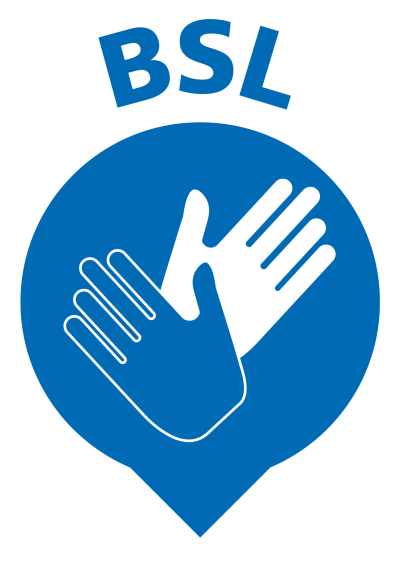About us
With over 3,500 staff in 63 locations, serving a population of more than 2.6 million people, we are one of the region’s biggest employers. From health advisors to paramedics, clinicians to support services, we have a range of roles available for all levels of experience.
Our offer
Our people are important to us, so if you join us we want to make sure that you have the very BEST staff offers and benefits.
Careers
Find out more about some of our amazing career opportunities at North East Ambulance Service
Living in the North East
Our region has won accolades for our world-class restaurants, vibrant nightlife, stunning coastline, beautiful countryside and rich history and heritage. We’re also world famous for our friendliness!

